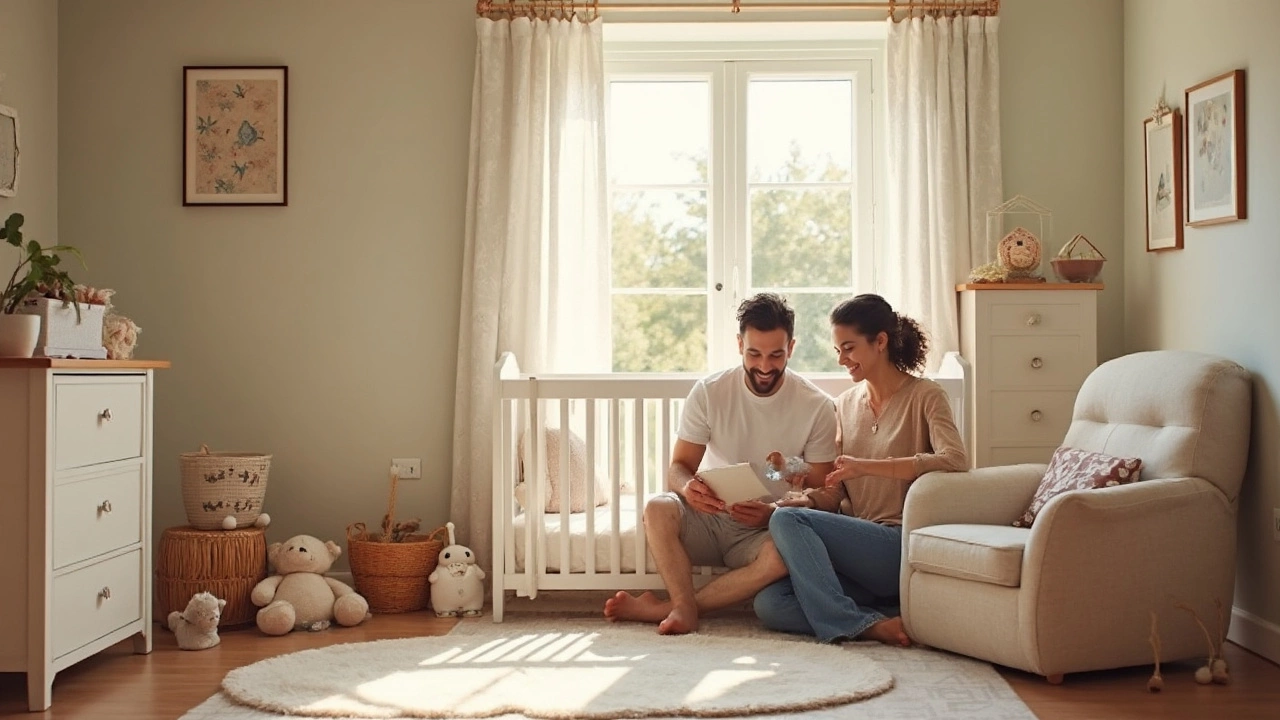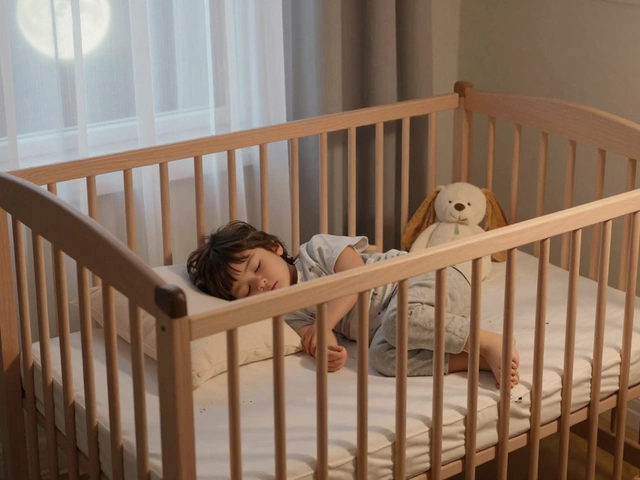Cost of Baby: A Real‑World Guide to What You’ll Spend
Having a baby is exciting, but the bills can feel like a surprise party you didn’t plan for. From the moment you hear that first kick, money starts creeping in – diapers, milk, tiny clothes, and the big ones like childcare. This guide breaks down the biggest costs, shows where you can save, and helps you build a budget that won’t keep you up at night.
Big‑Ticket Items You Can Expect
Most parents agree the three biggest expenses are childcare, baby gear, and healthcare. In the UK, full‑time nursery tuition averages around £1,200‑£1,400 per month for a toddler. If you’re lucky with a family member or a shared nanny, the price can drop dramatically, but it’s still worth planning for the higher end.
Next up is gear – think prams, car seats, bassinets and high‑chairs. A good quality car seat is a legal must and costs between £80 and £200. A decent pram runs £150‑£300. If you buy second‑hand, you can shave 30‑50% off, but always check the safety standards before you hand over cash.
Healthcare in the NHS is free at the point of use, but you’ll still need a few extra costs: prescription fees (£9 per item, unless you’re exempt), a few over‑the‑counter items for colic or teething, and occasional specialist appointments. A small monthly allowance of £20‑£30 covers these surprises.
Everyday Expenses that Add Up Fast
Diapers are the classic money‑eater. A newborn goes through 10‑12 changes a day, which translates to about £30‑£45 a month for disposable ones. Switching to cloth diapers can lower the monthly spend to £15‑£20 after the initial investment of £200‑£300 for a starter set.
Formula is another big line item. If you’re not breastfeeding, a formula‑fed baby costs roughly £35‑£45 a month. Even if you breastfeed, you might need a breast pump or storage bags, which can run £50‑£100 upfront.
Clothes sound cheap, but babies outgrow them fast. Budget £40‑£60 each season for basics like onesies, sleepers, and jackets. Look for sales, second‑hand shops, or hand‑me‑downs to stretch your pound.
Don’t forget the little extras that sneak in: toys, books, and baby‑proofing gear. Set aside £20 a month and you’ll be fine.
Putting all this together, a typical UK baby costs between £800 and £1,200 per month in the first year, dropping to £600‑£900 as they grow older and some expenses fade.
Smart Ways to Keep the Cost Down
1. Shop sales and use coupons. Major retailers have seasonal clear‑outs – stock up on diapers and wipes when they’re 20‑30% off.
2. Join parent swap groups. You can borrow or exchange gear you only need for a few months.
3. Take advantage of government schemes. The Childcare Voucher and Tax‑Free Childcare could save you up to £2,000 a year.
4. Plan a realistic budget. Write down every expected expense, add a 10% buffer, and track spending weekly. Seeing the numbers helps you cut where it matters.
5. Consider a side‑hustle. Freelance work or selling gently used baby items can offset the monthly outlay.
Raising a child will always cost something, but with a clear picture of where the money goes, you can make smarter choices and avoid nasty surprises. Start budgeting now, keep an eye on deals, and enjoy the little moments without the financial stress.

How Much Money Do You Need to Have a Baby? Nursery Furniture Costs Explained
Wondering how much cash you’ll need before your first diaper change? This guide gives you a clear breakdown of the real costs of nursery furniture and the essentials for setting up your baby's space. Get tips on what's actually needed, ways to stretch your budget, and which items parents often regret buying. You’ll also discover clever hacks to score deals without skipping safety or comfort. Swipe through to feel ready—bank account and all—before your new arrival.
view more

